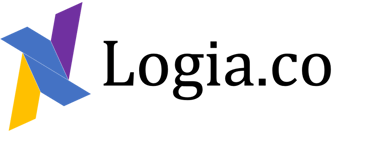Career opportunities in STEM are unfair. Here's how Logia can help!
Do you ever wonder why your peers and previous classmates have better career opportunities in STEM than you? It's not what you think.
Marvin
7/26/20232 min read


Hello everyone, I am Marvin and I created Logia based on the promise to help underprivileged STEM students and graduates in getting equal opportunities for career growth in research.
To give you a better understanding, here is a script from an interview with two successful scientists who've had a different journey in STEM.
Title: "Pathways of Progress"
Characters:
- Journalist (J): The interviewer
- Dr. Emily Swift (E): The researcher who had mentors and reached success quickly
- Dr. Alex Reynolds (A): The researcher who took a different route but also achieved success
---
J: Good evening, ladies and gentlemen, and welcome to "Pathways of Progress." I'm your host, [Journalist's Name], and today, we have the privilege of sitting down with two brilliant minds in the field of biomedicine. Please welcome Dr. Emily Swift and Dr. Alex Reynolds!
E: Thank you for having us.
A: It's a pleasure to be here.
J: Let's dive right in. Dr. Swift, you've had an incredibly rapid rise in your career. Could you tell us about your journey?
E: Certainly. I was fortunate to have mentors during my college years who guided me through the application process for graduate studies. Their support and advice were instrumental in helping me secure the right opportunities early on.
J: That's impressive. Dr. Reynolds, your journey seems to have taken a different trajectory. Could you share your story?
A: Of course. Unlike Emily, I didn't have direct mentors in college to assist me in the application process. I had to figure things out on my own, which took longer. However, that journey taught me a lot about resilience, determination, and self-discovery.
J: Dr. Swift, how did having mentors impact your career?
E: Having mentors opened doors for me that I might not have found otherwise. They helped me choose the right graduate program, guided me in forming valuable connections, and provided insights into navigating the academic landscape effectively.
J: Dr. Reynolds, what challenges did you face without direct mentorship?
A: The lack of mentors meant I had to learn things the hard way. It took me longer to find my research focus and connect with the right people. But that journey also made me more independent and adaptable, which turned out to be valuable skills in my career.
J: Dr. Swift, some might argue that having mentors gives an unfair advantage. What's your take on that?
E: While having mentors can provide an edge, it's essential to remember that everyone's journey is unique. Mentorship doesn't guarantee success; it's how you utilize the guidance that matters. Plus, I believe in paying it forward and now try to mentor young researchers.
J: Dr. Reynolds, how can those without mentors find their way in the field?
A: It's about seeking out opportunities, networking, and not being afraid to ask questions. There are numerous resources available today, such as online communities, workshops, and forums, that can provide the guidance needed.
J: Dr. Swift, final question: What advice would you give to aspiring researchers?
E: My advice would be to actively seek out mentors or advisors, even if they aren't immediately available in your educational institution. Their guidance can accelerate your progress and provide valuable insights.
J: Dr. Reynolds, any words of wisdom for those facing a longer path to success?
A: Embrace the journey, even if it takes longer. Every experience contributes to your growth. Stay curious, keep learning, and don't let the absence of direct mentors deter you.
J: Thank you both for sharing your perspectives and experiences. It's clear that different paths can lead to success in the world of biomedicine.
---


